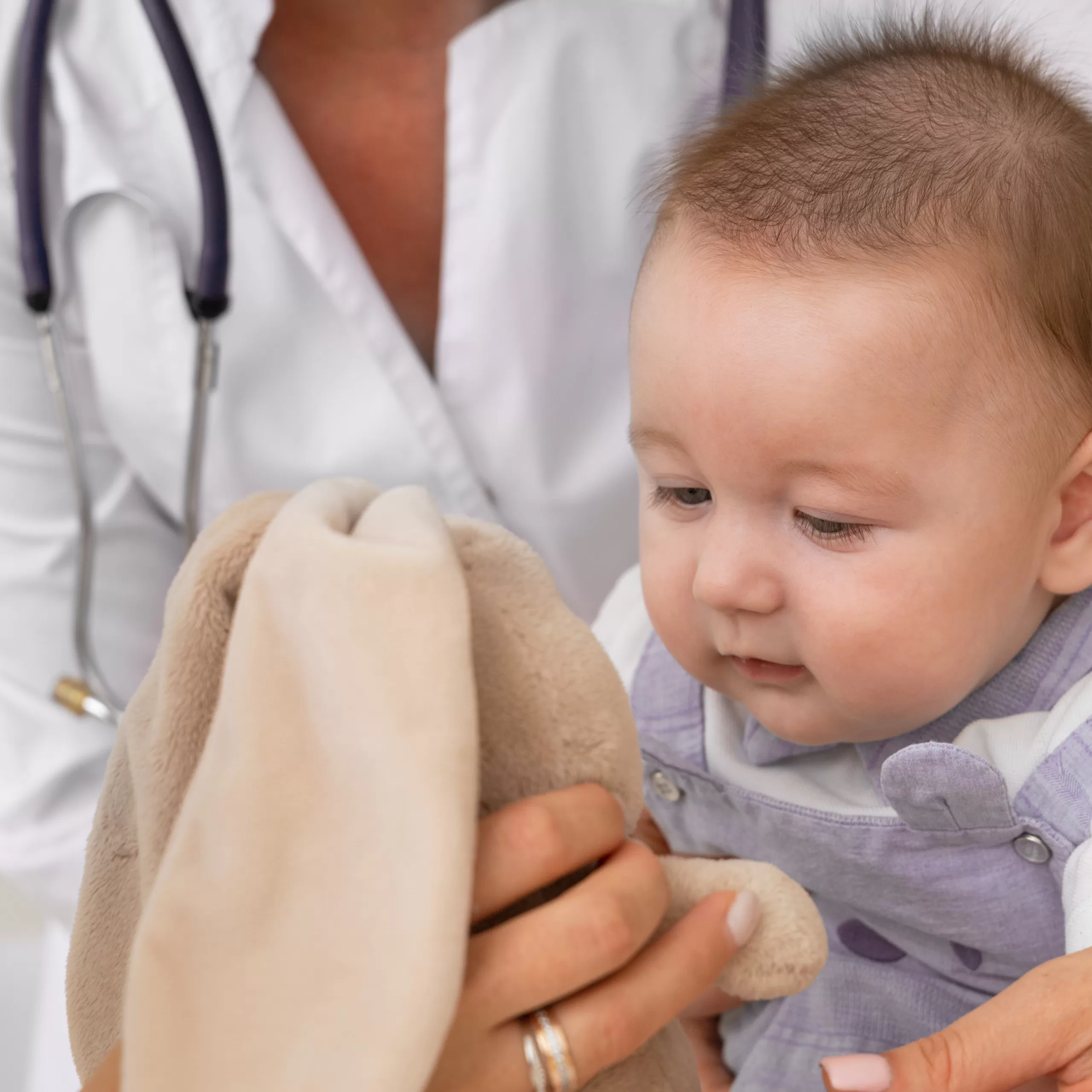One of the significant health threats during the monsoon season is dengue fever, which is transmitted by the Aedes mosquito. This article will explore how dengue fever affects newborn babies, the symptoms to watch out for, treatment options, and preventive measures to safeguard your little one.
What is Dengue Fever?
Dengue fever is a viral infection that spreads through the bite of infected Aedes mosquitoes, especially during the rainy season. The Aedes Aegypti mosquito is the primary vector responsible for transmitting the virus. While dengue fever can affect individuals of all ages, newborn babies are particularly vulnerable due to their developing immune systems.
Recognizing Dengue Symptoms in Newborn Babies
Newborns cannot express discomfort verbally, making it essential for parents and caregivers to recognize the early signs of dengue fever. If your baby shows any of the following symptoms, consult a pediatrician immediately:
- High Fever: A fever of up to 104°F (40°C) may be a sign of dengue.
- Reduced Appetite: Refusal to feed or loss of appetite is common.
- Rashes: Small, red spots may appear on the face, legs, arms, and other body parts.
- Diarrhea and Vomiting: These symptoms can lead to dehydration, requiring prompt medical attention.
- Bleeding: In severe cases, bleeding from the gums, nose, or skin may occur.
- Rapid Breathing: The baby may have difficulty breathing or display signs of respiratory distress.
- Irritability: Fussiness, irritability, and restlessness are signs that the baby is unwell.
How is Dengue Fever Diagnosed?
If any symptoms of dengue are present, it is crucial to visit a healthcare provider. The diagnosis is confirmed through blood tests, which help determine the severity of the infection.
How to Treat Dengue Fever in Babies
There is currently no specific cure for dengue fever. However, managing the symptoms can help reduce the severity of the illness:
- Hydration: Ensure the baby is well-hydrated, especially during vomiting or diarrhea. Breastfeeding is highly recommended to replenish lost fluids.
- Fever Management: Cooling sponge baths and antipyretic medications, such as paracetamol, can help manage high fever.
- Close Monitoring: Keep a close watch on your baby’s symptoms, and seek immediate medical help if they worsen.
Preventive Measures Against Dengue
Prevention is key when it comes to dengue fever. Here are some tips to protect your baby from mosquito bites:
- Use mosquito nets over the baby’s sleeping and play areas.
- Install window and door screens to prevent mosquitoes from entering the house.
- Avoid going outside during dawn and dusk, when mosquitoes are most active.
- Use insect repellents approved for babies.
- Eliminate stagnant water around the home to prevent mosquito breeding.
Stay Calm and Follow Medical Advice
Dengue fever in newborns can be a distressing experience for parents, but with timely medical attention and proper care, most babies recover fully. Stay calm and follow your pediatrician’s advice, keeping your baby comfortable and well-hydrated.





